How to haggle with builders - 9 expert tips for ensuring a fair price
Knowing how to haggle with builders is a useful skill, whether you are planning home improvements or buying a new build
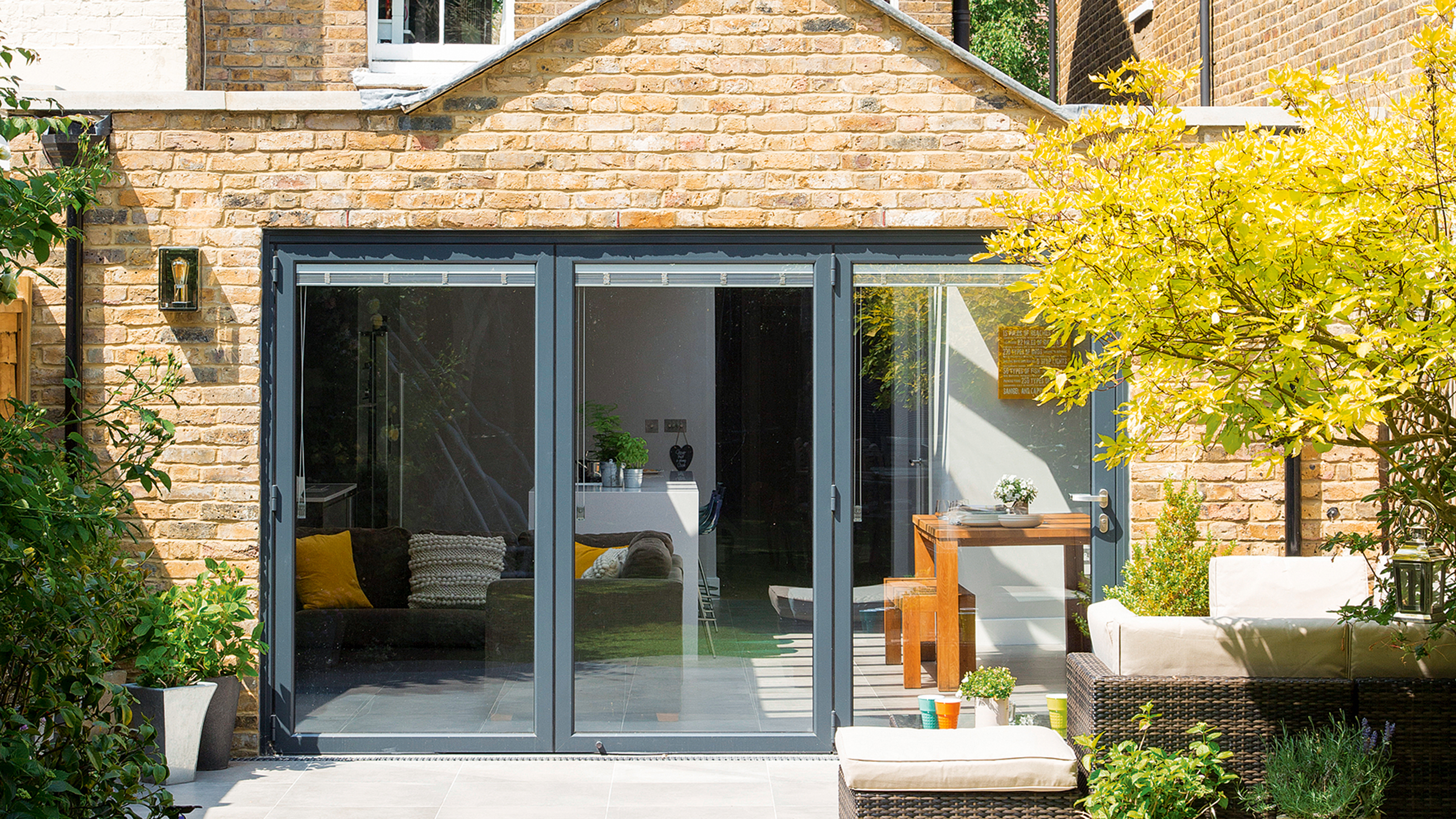
Sarah Handley
Bargaining doesn't come naturally to everyone, but there are some times when you should give it a go. Learning how to haggle with builders is one of those, and one which could save you a pretty penny.
When it comes to buying a house, most homebuyers are are aware that there'a a discussion to be had over the price. But did you know you can haggle with builders over the cost of a new-build home or smaller building jobs to add value to your existing home?
Well you can, and in fact, the experts say you should. But if you don't feel confident in your haggling skills, follow these pointers to make sure you pay the best price.
1. Make sure you have at least three quotes

In order to haggle effectively, you need to have an idea of what the best price looks like. Always make sure to source at least three quotes for your home improvement plans, and make sure you get detailed quotes rather than estimates so you can be sure you are comparing like-for-like.
You can then use them as bargaining tools - for example, if you have a builder you prefer, who is more expensive than another builder you approached for the same job spec.
It's a good idea to get all quotes in writing so you can prove you’re in negotiations with other builders.
2. Be prepared to do some legwork yourself
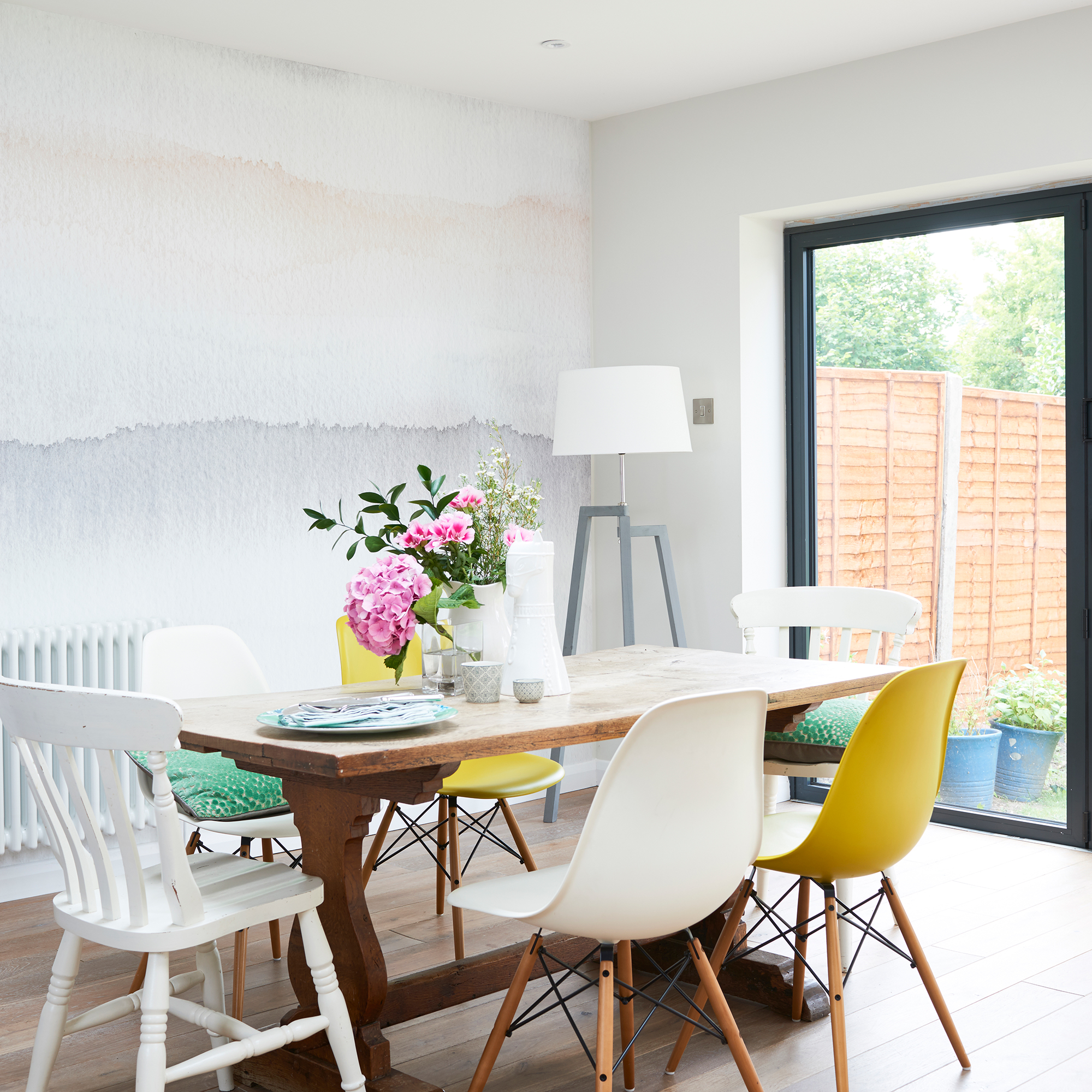
Whether it’s an extension, loft conversion or you’re redesigning your layout there’s plenty of ways you can drive a hard bargain with your builder.
Get the Ideal Home Newsletter
Sign up to our newsletter for style and decor inspiration, house makeovers, project advice and more.
Do some of the prep work yourself such as ripping out a kitchen or bathroom to save time but only if you know what you’re doing. It'll be a false economy if you take on tasks beyond you capabilities, cause a problem and then have to pay for it to be fixed.
Ask your builder if you can buy the materials and pay them a day rate instead. Agree a realistic timescale and project manage the process to keep on top of the work that needs to be done. Put a contract in place that details when the project is due to finish.
3. Go in low
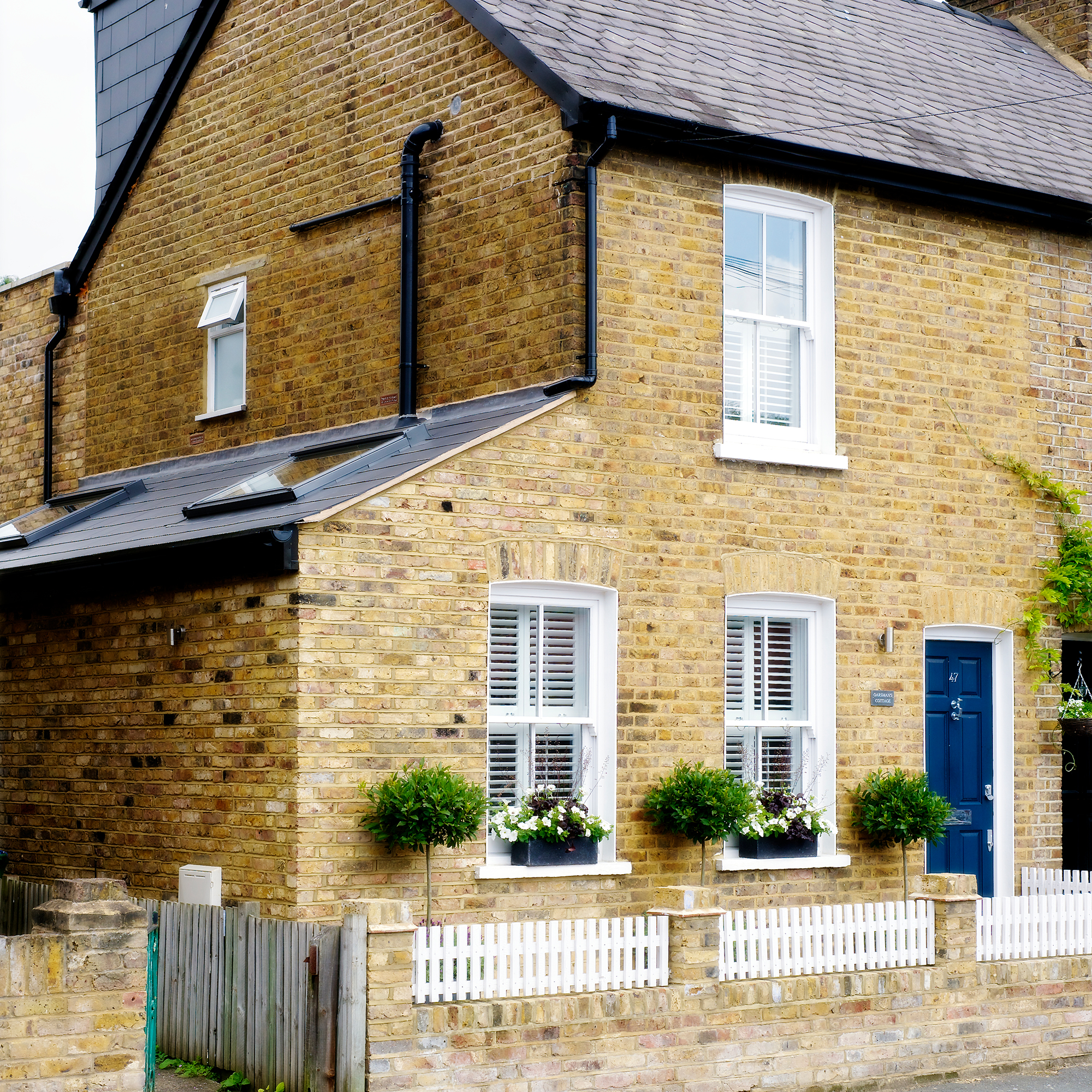
It can be difficult to know where to start when haggling, but remember it's a negotiation and the plan is to meet somewhere in the middle between your first offer and the builder's first asking price.
'Once you know how to haggle it’s amazing how much you can get off the asking price,' says Emma Morby, founder of The Female Property Expert. 'I always say, make your first offer 25% below the asking price and aim to get at least 10% to 15% off by the time you’ve finished bargaining.'
When it comes to buying a new build property, housebuilders are more likely to accept an offer that is lower than the asking price when their development first launches in order to gain sales momentum, or when they are selling the remaining homes in the last phase of the development.
When you’ve arrived at an offer, submit this to housebuilder’s sales agent by email, says Matt Johnson, area director of estate agency Johns & Co. 'As well as clearly stating your offer, also state that you have everything in place for a quick completion. Give your mortgage broker’s details in case the agent wants to check your position.'
You can also attach to the email the Agreement in Principle from your mortgage lender which outlines how much they are prepared to lend. Confirm the level of deposit you have and that it is readily accessible, not tied up investments that are tricky to sell quickly. Finally if the property build is completed, state how quickly you want to move in after you have exchanged contracts.
4. Do your homework
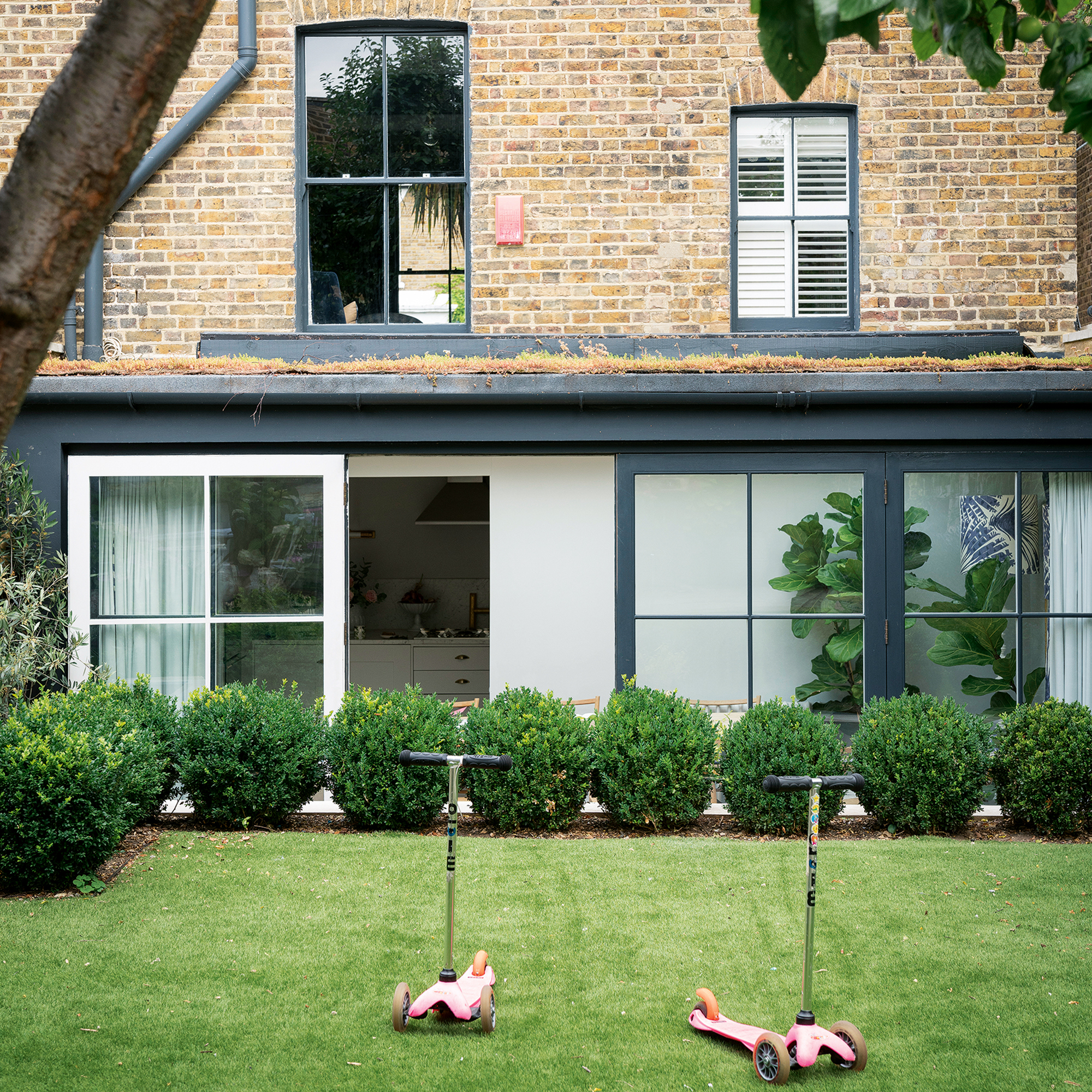
Whether you are looking to buy a new build house, or carry out some improvements to your existing home, it pays to do your research.
Find out exactly what a project involves, and how long it should take. This will make you feel a lot more confident when haggling and deciding what you think is a fair price. You can look online, or ask the questions of those providing quotes - you're more likely to haggle successfully if you and your builder have a mutual understanding of what the project entails.
If you're buying a new build, ask the sales agent how many properties they have left to sell in that phase of the development. If the home is one of the last few the developer has to sell they are likely to accept a lower offer.
Research the average house price of similar properties in your area and check to see what they sold for on Rightmove or Zoopla. Use this as a negotiation tool. But don’t forget the price of a new-build comes with a premium of between 5% to 10% so it will be more expensive than a second hand property.
5. Sell your strengths
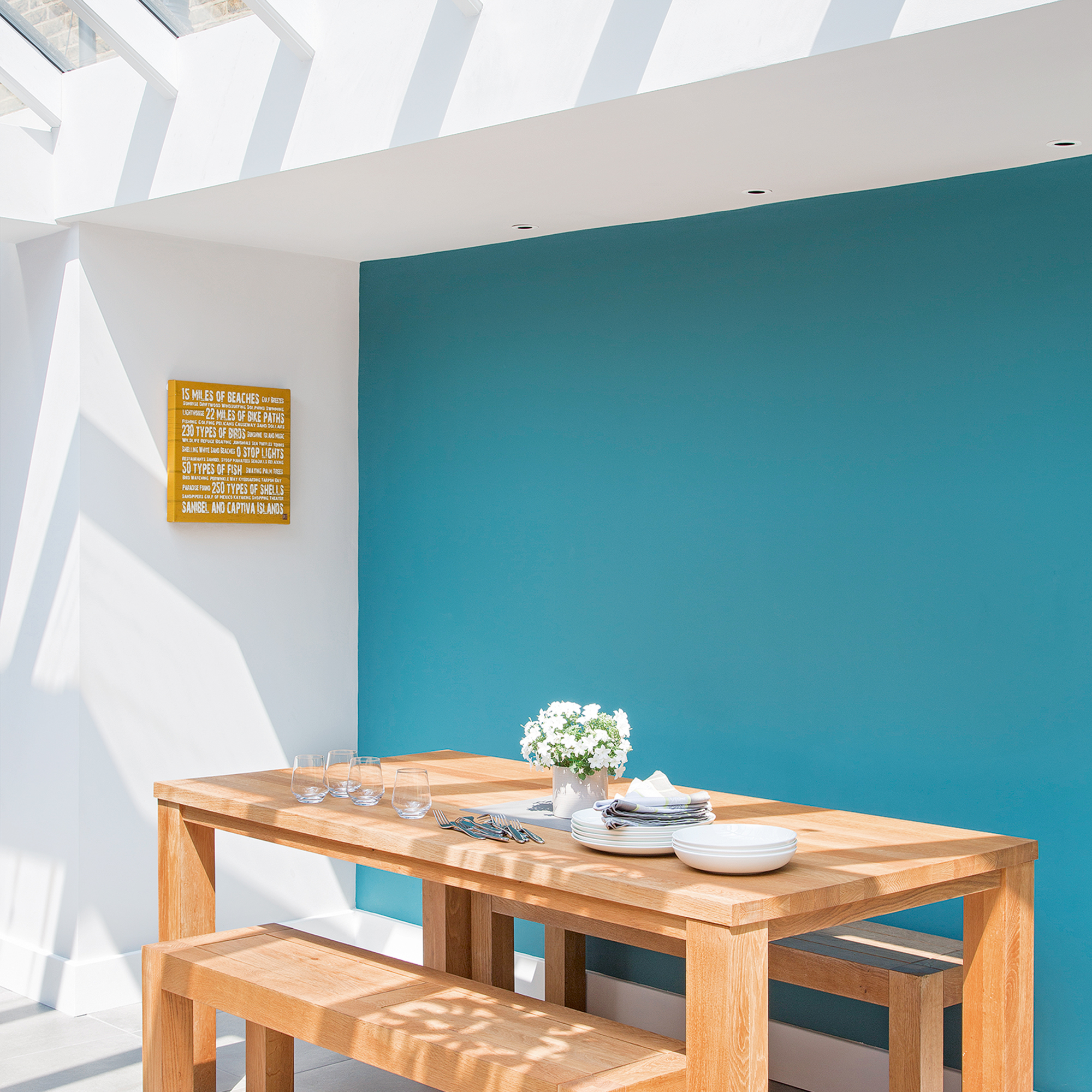
Making yourself as attractive a client as possible can help your negotiations with your builder. Have a think what you might be able to go to make the builder's life easier or the project run smoother. Or maybe you have friends or family who are also looking to complete similar improvements - could this first project be a stepping stone to more work for the builder?
Also, be friendly. Try to build up a rapport with your builder - this'll not only make working together much easier and improve communication, but you're such more likely to haggle successfully.
Similarly, if you are buying a new build, housebuilders like speedy sales. They will expect you to be able to exchange contracts 28 days after accepting your offer. So if you’re chain-free and have your mortgage agreed in principle – shout about it. It will improve your chances of getting a lower offer accepted.
6. Get ready for a counter offer
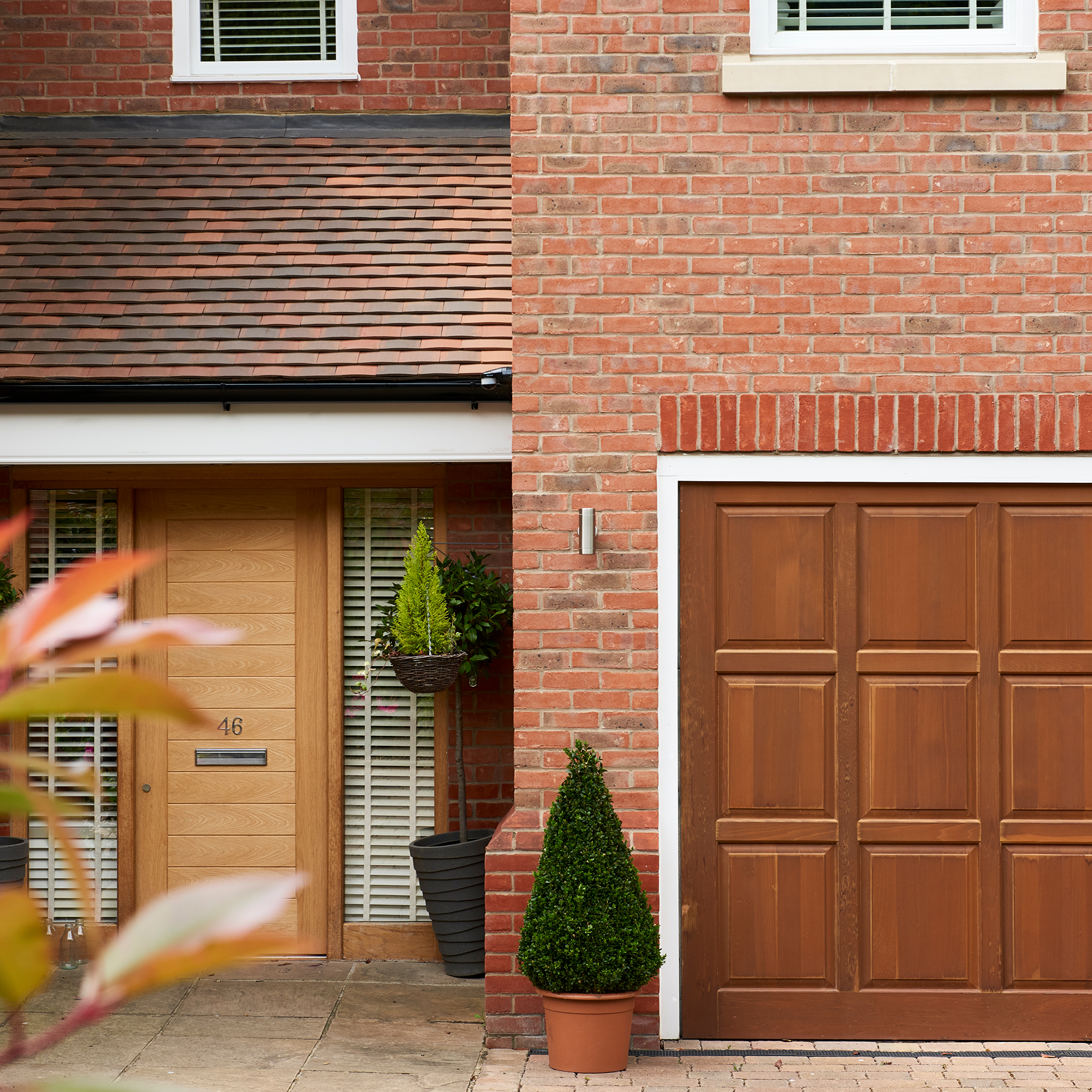
Remember that haggling is a negotiation - your builder will understandably want to get the highest price, while you want to pay the lowest. The goal is to meet somewhere in the middle. So don't be disillusioned if your first offer is not accepted.
But remember as well as price, you can also negotiate on terms. For example, you might agree to a certain price on the condition that work is completed by a certain date.
This approach can also work for new builds. 'If you’re opening offer is in the ballpark region of what’s acceptable to the developer, expect them to come back with a counteroffer,' says Matt from John & Co. 'If you’re way too low the developer will simply decline it.' Another tactic is to agree to their counteroffer on condition that they pay some of your fees, pay the service charge for 12 months or throw in a furniture package, for example.
7. Don’t change your plans half-way through
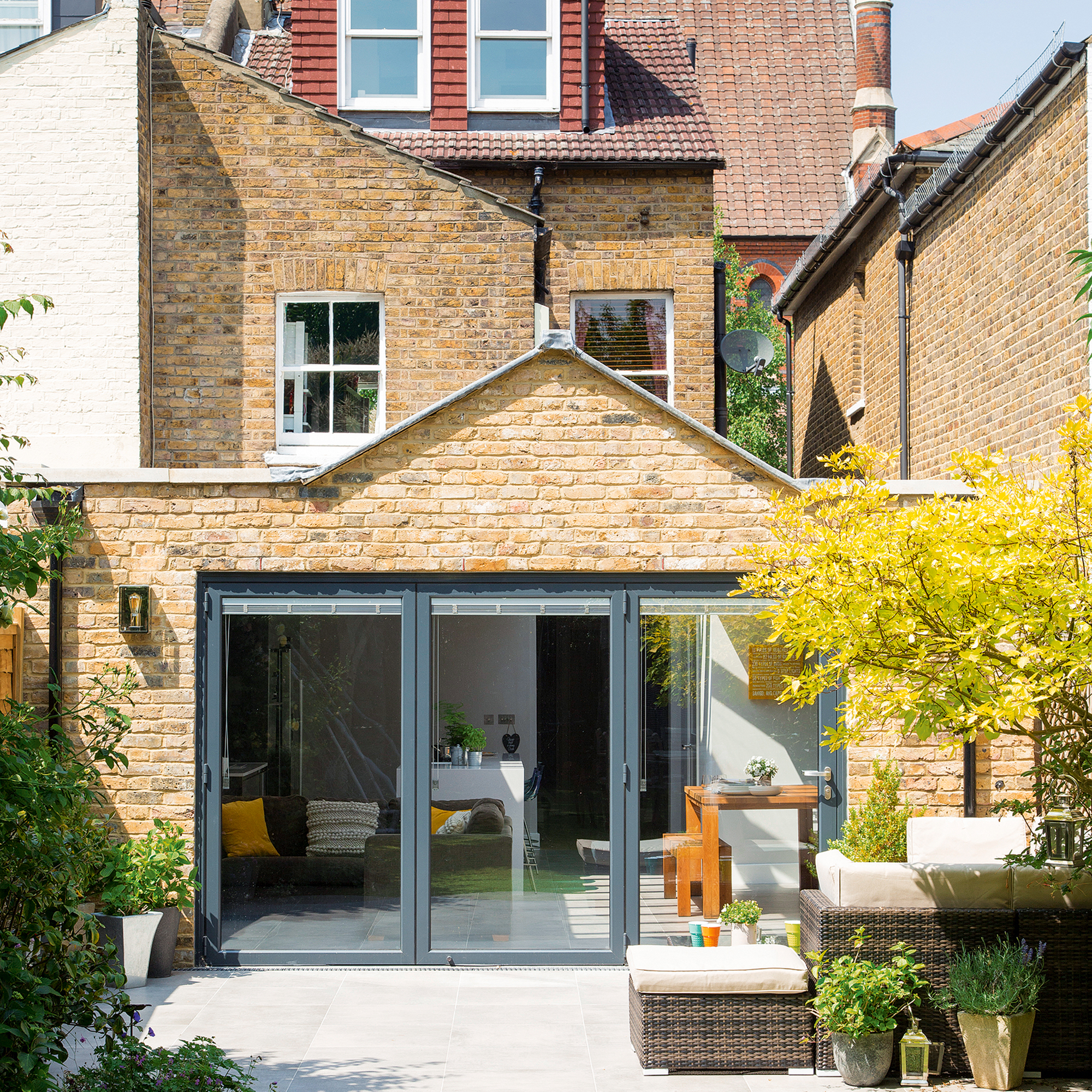
Be clear from the outset exactly what you want and stick to it. Changing your plans mid-build will result in delays and could cost you the discount you worked hard to haggle for.
8. Be realistic about a fair price
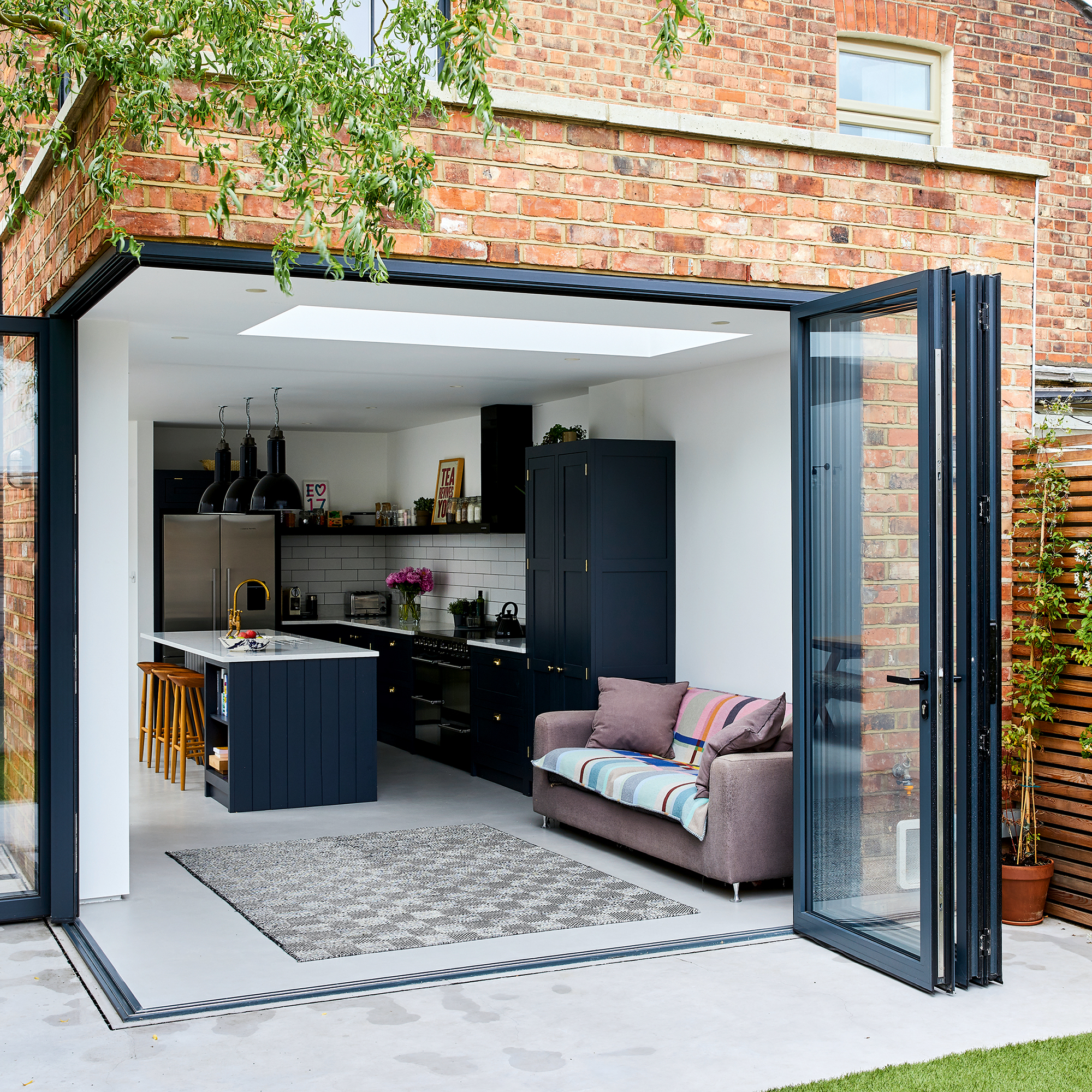
‘Don’t expect a five-star finish for two-star prices,’ says Emma from The Female Property Expert. Haggling to get a fair price is advisable.
But be wary of a builder willing to offer a significant discount to win your business. They may have to cut corners to deliver your project, use cheap fittings and take on multiple jobs at the same time which could lead to delays completing your improvement plans.
9. Bargain over fees, fixtures and fittings
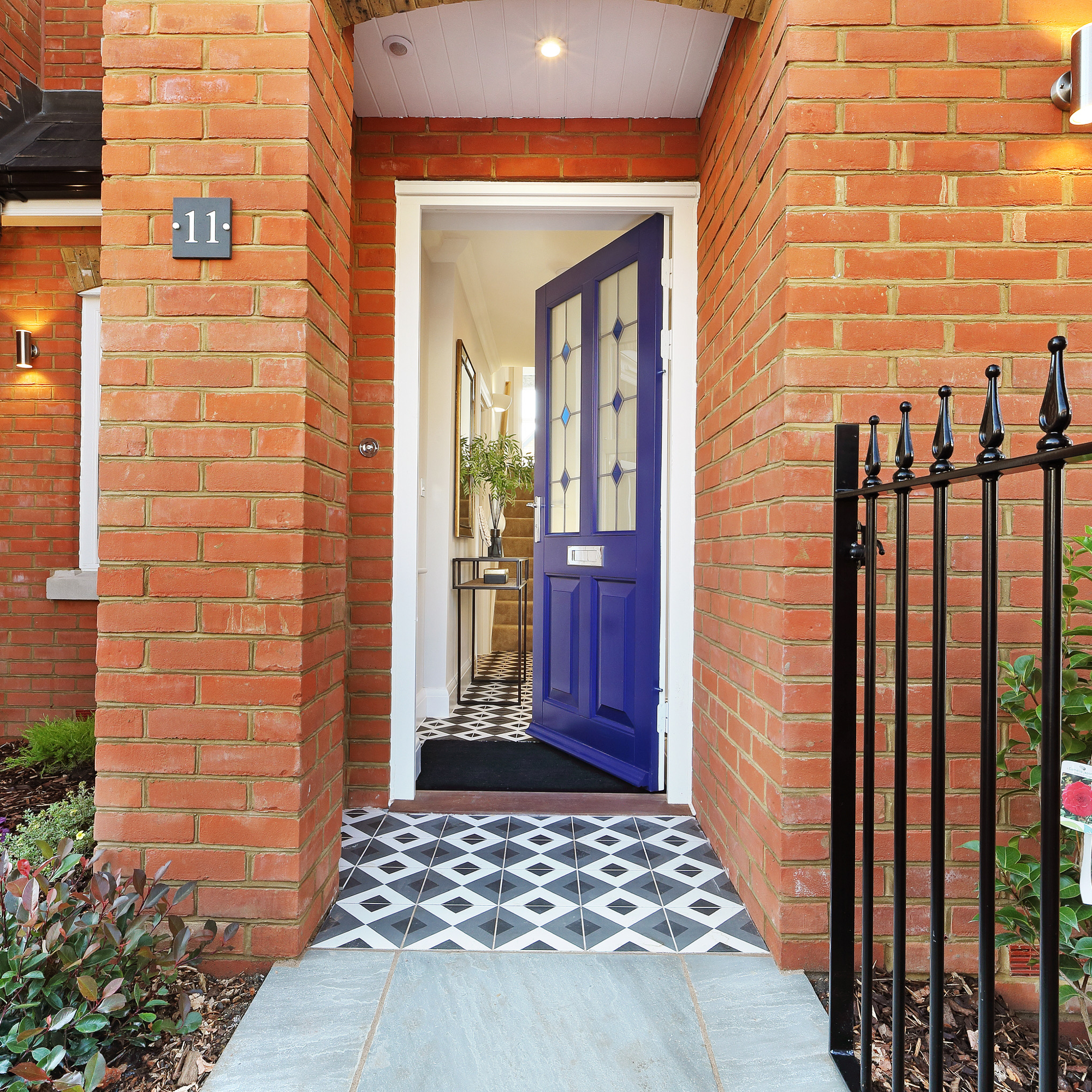
Not all housebuilders will enter negotiations over the asking price and smaller developers have less wiggle-room when offering a discount because they work on tighter profit margins. But that’s not a reason to give up.
Ask the developer to pay your legal fees and stamp duty and request free upgrades to the appliances, flooring and lighting that come with the home or even ask for a free parking space.
Samantha Partington is a personal finance journalist specialising in mortgages and the property market.
Over the past nine years, Samantha has worked for the Daily Mail, trade website Mortgage Solutions and business title Property Week. She regularly writes for national money pages including Money Mail and Sun Money and supports prop tech firms with content writing.
- Sarah HandleySection Editor – Renovation
-
 5 brilliant budget alternatives to paving slabs that won't cost the earth
5 brilliant budget alternatives to paving slabs that won't cost the earthLooking to pave your garden on a budget? Try these stand-ins...
By Sophie King
-
 Want to cook like Jamie Oliver? Here's the top-rated pan from his collection
Want to cook like Jamie Oliver? Here's the top-rated pan from his collectionJamie's collaboration with Tefal has led to this casserole dish getting the best user reviews I've ever seen
By Molly Cleary
-
 7 best colours to paint a windowless bathroom that will transform the mood of a dark wash space
7 best colours to paint a windowless bathroom that will transform the mood of a dark wash spaceA bathroom without a view needn’t sink your plans for a warm and welcoming retreat
By Linda Clayton
-
 You can claim back over £300 a year from HMRC if you work from home - here’s how to check if you’re eligible
You can claim back over £300 a year from HMRC if you work from home - here’s how to check if you’re eligibleWhen it comes to saving, every little helps
By Kezia Reynolds
-
 Experts have revealed the best day to renew your home insurance policy - you’ll want to do it sooner rather than later
Experts have revealed the best day to renew your home insurance policy - you’ll want to do it sooner rather than laterDon't leave this task at the bottom of your to do list
By Kezia Reynolds
-
 Is a variable rate mortgage ever a good idea? Experts weigh in
Is a variable rate mortgage ever a good idea? Experts weigh inOur money expert explains what a variable rate mortgage is, who they can be good for, and the pros and cons of this kind of mortgage
By Samantha Partington
-
 I’m a first-time buyer, what are my chances of getting a mortgage right now?
I’m a first-time buyer, what are my chances of getting a mortgage right now?And what you can do to increase your odds
By Rachel Wait
-
 Should you ever pay above the asking price for a home?
Should you ever pay above the asking price for a home?Our money expert explains whether you should ever pay over the asking price for a home, especially if house prices fall as predicted
By Samantha Partington
-
 Should I fix my mortgage and how long should I fix for?
Should I fix my mortgage and how long should I fix for?We speak to the experts to find out whether you should fix your mortgage and how long for as well as the impact further interest changes could have on your decision
By Samantha Partington
-
 We put your mortgage questions to two leading experts, here's what they said
We put your mortgage questions to two leading experts, here's what they saidAs mortgage panic continues, we've answered the most common questions - from when mortgage rates will come down, to when you actually have to pay stamp duty
By Samantha Partington
-
 'My mortgage is set to skyrocket - what should I do?' 5 potential solutions from a money expert
'My mortgage is set to skyrocket - what should I do?' 5 potential solutions from a money expertIf you're facing higher mortgage costs, our money expert explains various courses of action you could take to ease the pressure
By Samantha Partington